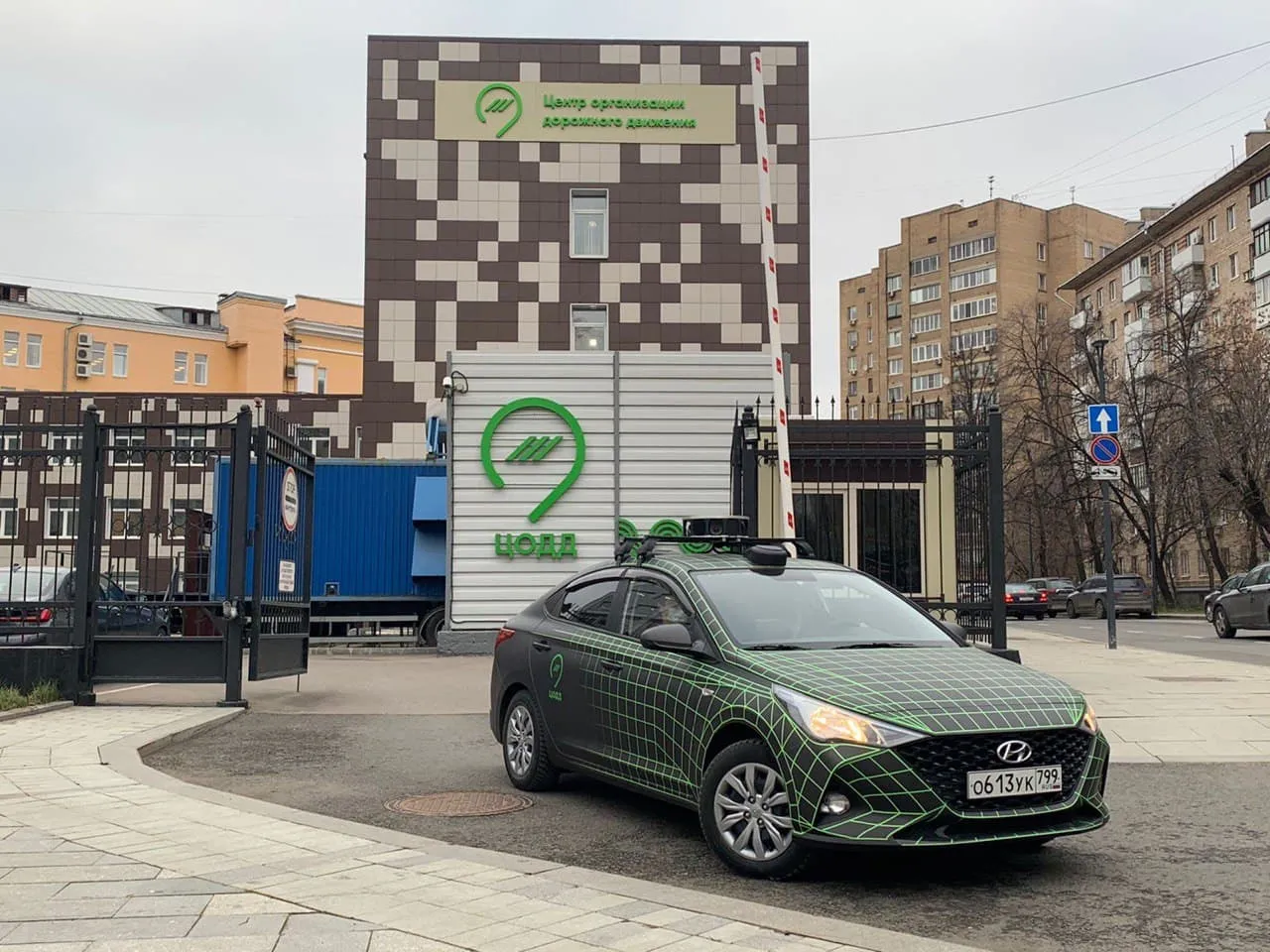
Markus Schlitt, CEO of intelligent traffic systems at Siemens, said: “We are developing the most modern adaptive traffic control system on Earth.” The RTO will sit in London’s Surface Intelligent Transport System (SITS) and will help “really make London a much more liveable city”, Schlitt added.
It is designed to optimise traffic signals by processing data from existing detectors and handling information from other sources such as mobile phones, in a move to aid traffic flow and reduce pollution. The move is aimed at delivering Mayor of London Sadiq Khan’s Healthy Streets for London plan, which mandates that 80% of travel will be by sustainable modes by 2041.
While the contract has not been formally signed, there is an “agreement to proceed”, Glynn Barton, director of network management at TfL, told The Daily News. Priorities from the deal will be to make the system as reliable – or more so – than it is now, and to meet the Healthy Streets agenda, he added. The agreement with Siemens lasts for 10 years. “After that, we’ll see where we are,” said Barton. Siemens plans to roll out a similar solution to other mega-cities in the future.
STOP PRESS
As The Daily News went to press, Siemens revealed that it plans to buy Spanish software company Aimsun and the deal is expected to go through by the end of April this year. “This is important for our digitalisation strategy,” said Markus Schlitt, CEO of intelligent traffic systems at Siemens. “It is closing a portfolio gap.”










